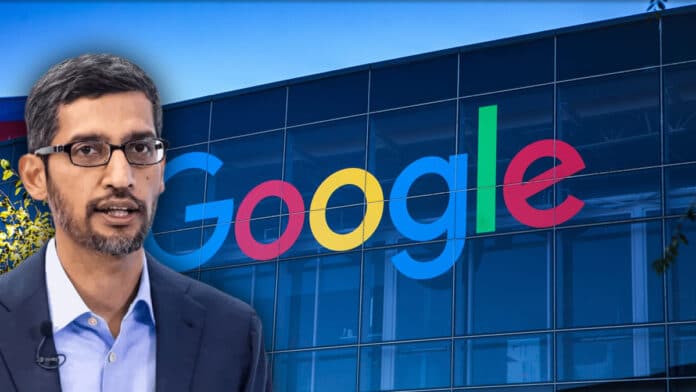Google recently admitted in court that it offered a whopping $147 million deal to game developer Epic Games to launch its widely popular game Fortnite on Android’s Google Play Store.
Purnima Kochikar, Google’s Vice President of Play partnerships, said in her testimony that Epic did not accept the deal despite it being approved and presented, reports The Verge.
The deal, which was turned down by Epic Games, was meant to prevent a potential “contagion” of well-known apps circumventing Android’s official store and, consequently, bypassing Google’s in-app purchase fees.
As per Kochikar, the $147 million deal would have been distributed to Epic over a three-year period of “incremental funding” (ending in 2021).
In a document validating the deal, Google wrote that “Fortnite’s absence could result in $130 million (up to $250 million) direct revenue loss with Play” and that there could be a “downstream impact of $550 million (up to $3.6 billion) potential revenue loss if broad contagion to other developers.”
However, despite the substantial financial incentives, Epic Games rejected the proposal. While no specific reasons regarding this decision were provided in the court documents, it has raised speculations about their motives.
In 2018, Epic launched Fortnite directly through its website, bypassing the Google Play Store to avoid Google’s commission fees on in-app purchases. This allowed it to sell in-game currency V-Bucks without incurring additional costs from Google’s commissions.
However, in 2020, the company relented and decided to use the Play Store, citing reasons such as “scary, repetitive security pop-ups” and other factors that had negatively impacted the consumer experience when downloading and installing the game outside the Play Store.
Epic later cited this decision in an antitrust lawsuit against Google, claiming that its decision had caused Google to panic. As a result, Google started making internal attempts to offer special benefits or even purchase Epic to prevent other game developers from bypassing the Play Store and releasing games independently.
Further, the leaked internal Google documents detail the company’s concerns about top gaming companies (including Blizzard, Valve, Sony, and Nintendo) following Epic’s strategy, which could result in a loss of billions of dollars in revenue for the search giant if a “massive defection” of popular games occurred.
During the testimony, Google insisted that its concern was maintaining a strong selection of games on the Play Store, which is important for Google’s market dominance, especially considering the alternative of Apple’s iOS.
While Kochikar emphasized in the testimony that the company only wanted developers to choose the Play Store, Lawrence Koh, the former head of Google Play’s games business development, testified, saying it “was the investment we thought was worth all the dollars.”
Conversely, Epic Games argues that Google’s tactics, including financial incentives to stay on the Play Store, shows its fear for Android app distribution and is also an evidence of its monopolistic behavior.
The antitrust lawsuit filed by Epic Games against Google is currently being debated before a jury.

